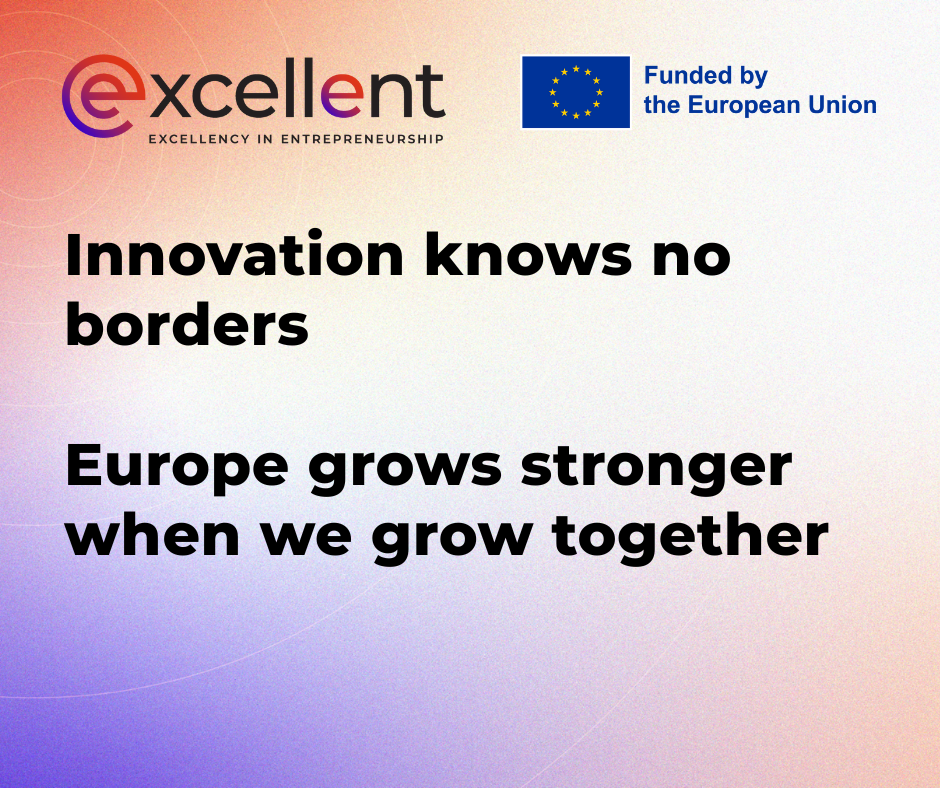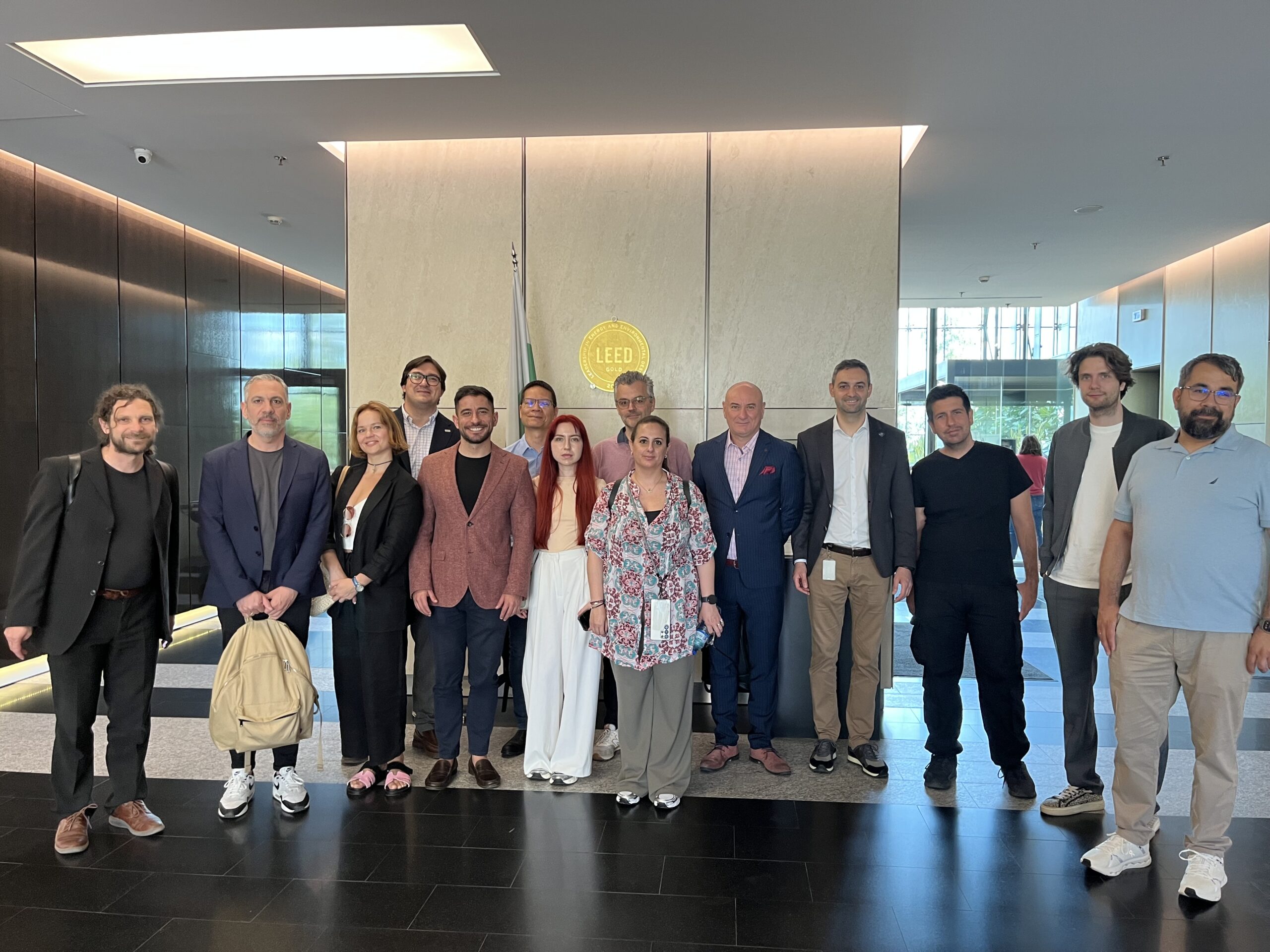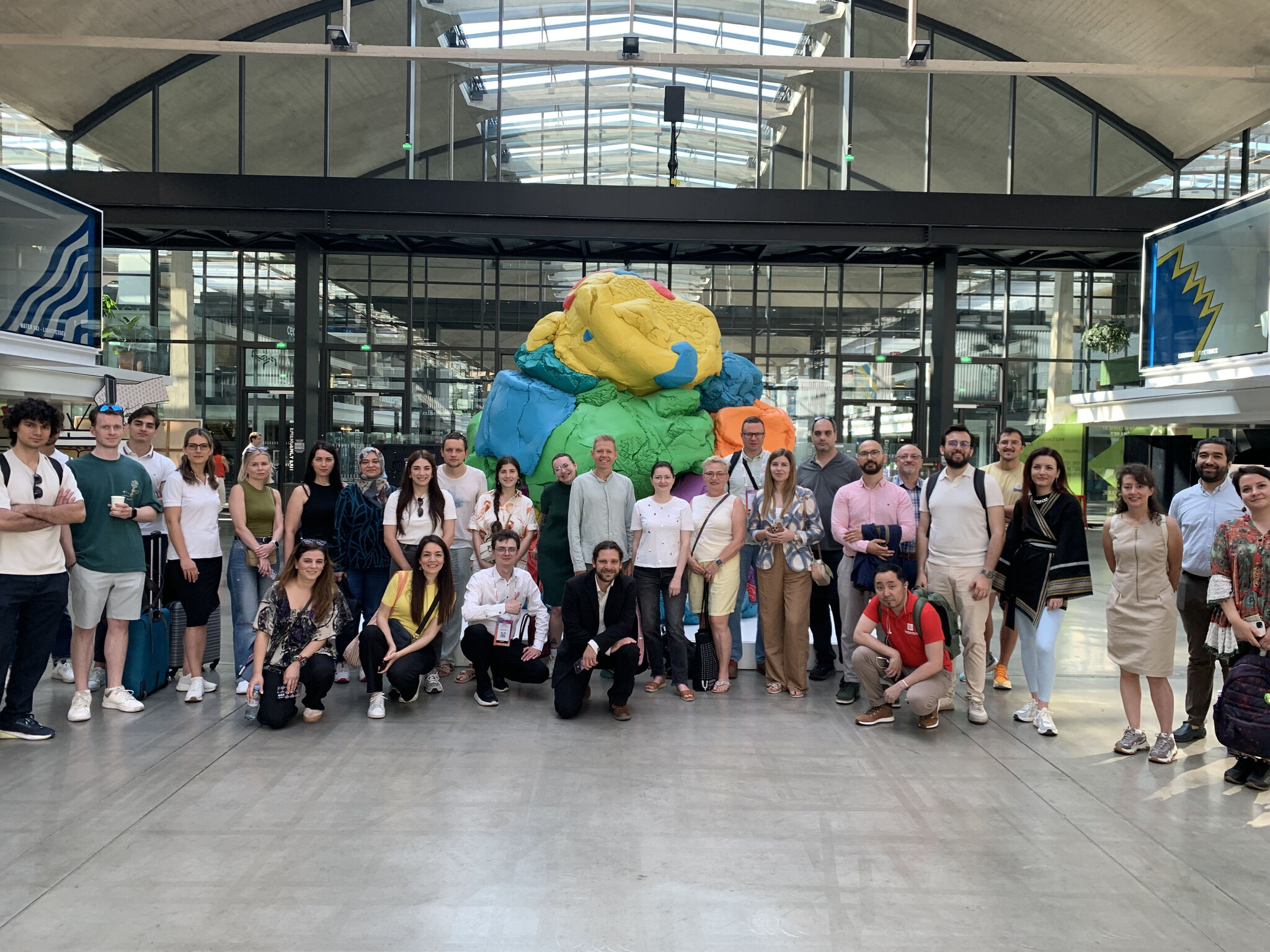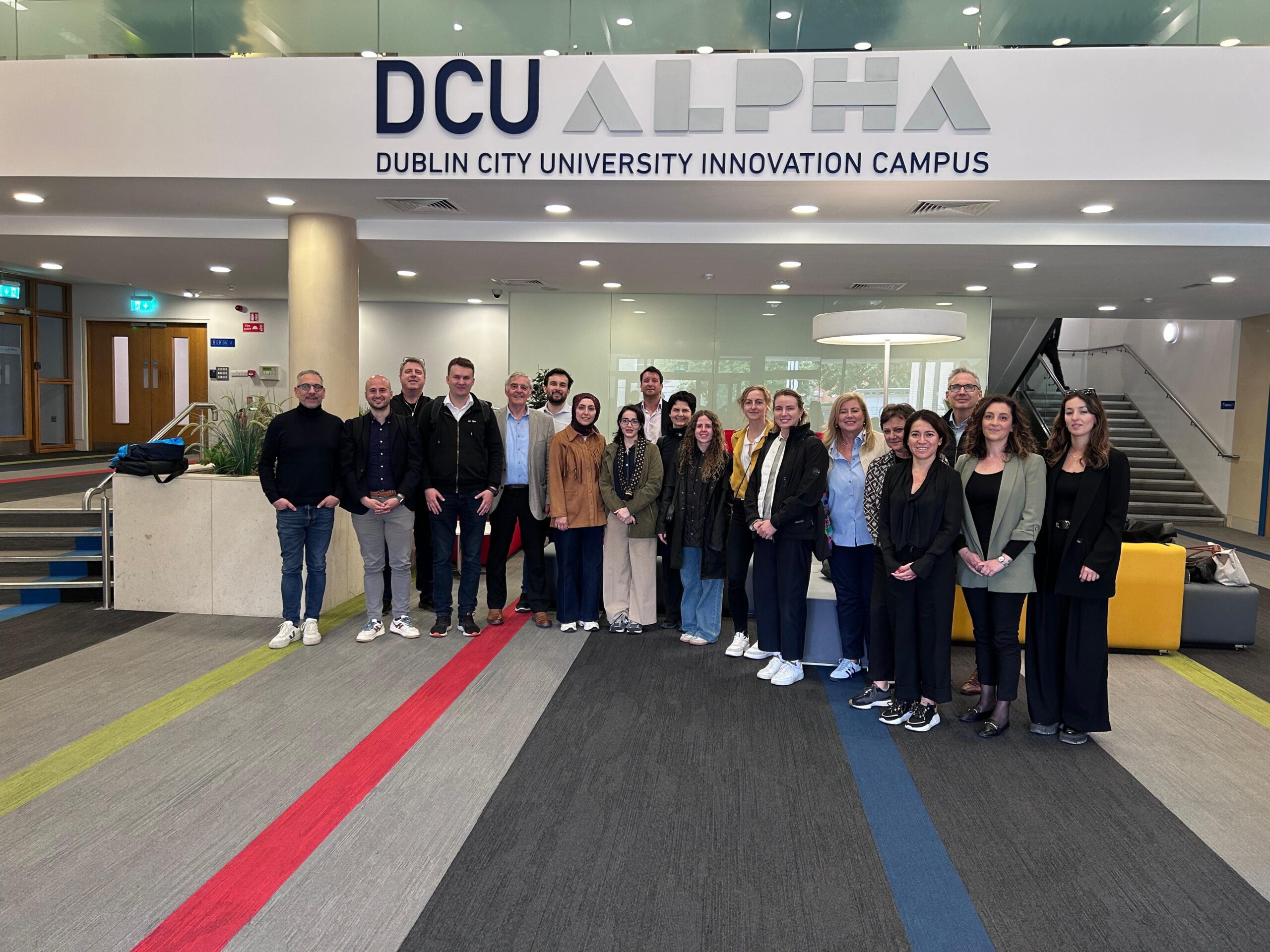
Ireland Soft-Landing Mission: From Dublin, with Lessons: A Story of Trust, Patience, and Purpose in Innovation
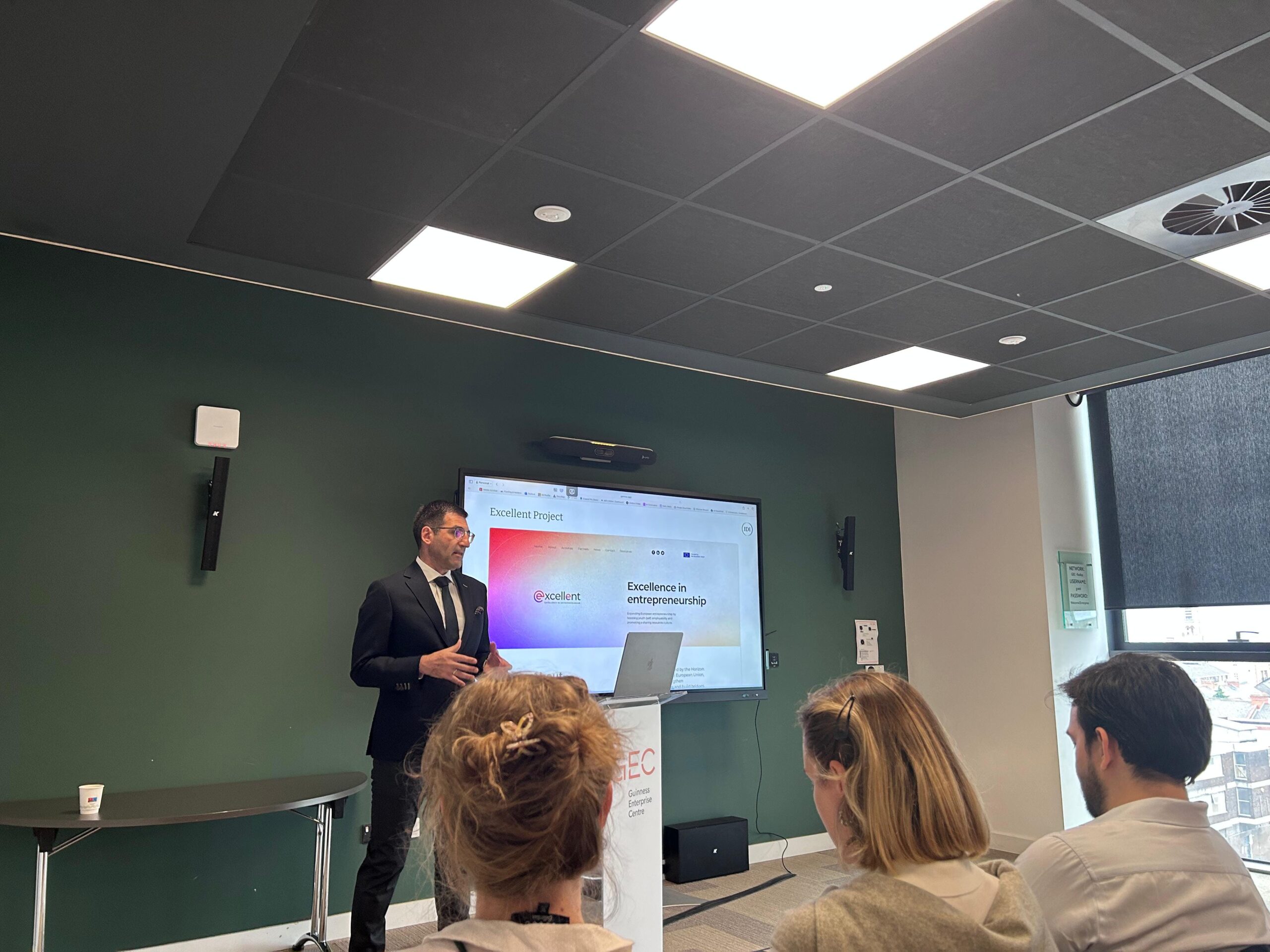
In just over three decades, Ireland has evolved from a peripheral economy into one of Europe’s most dynamic innovation hubs – a magnet for global companies, venture capital, and top-tier talent. With its reputation for strategic public-private collaboration and long-term vision, Dublin was selected as the next destination for a soft-landing mission under the Horizon Europe-funded ExcellEnt Project.
Hosted by International Development Ireland (IDI), the two-day visit brought together nearly 20 representatives of incubators, accelerators, universities, and regional development agencies from Greece, France, Türkiye, Ukraine, and Ireland. The group shared a common interest: understanding what makes an innovation ecosystem not only successful, but sustainable – and how proven practices could be translated into diverse regional contexts.
This was not a ceremonial study tour. It was a highly targeted, insight-driven mission designed to expose participants to the operational DNA of one of Europe’s most effective innovation systems. What they encountered in Dublin reaffirmed the value of structured knowledge exchange—and why cross-border missions remain essential tools for ecosystem development.
From Industrial Heritage to Entrepreneurial Energy
The group began their journey at the Guinness Enterprise Centre (GEC), a former storehouse now transformed into a thriving startup hub. Housing more than 120 early-stage ventures, the GEC offered more than symbolism – it demonstrated Ireland’s ability to repurpose legacy infrastructure into engines of innovation.
Inside, participants engaged with representatives from Furthr VC, Irrus Investments, and PwC Ireland, who offered a candid view into Ireland’s startup finance environment. The consistent theme was not speed or scale, but trust, patience, and global ambition.
Ireland’s success, the group learned, stems not from any single initiative, but from the way public and private actors – investors, founders, policymakers – interact in an ecosystem defined by mutual accountability and long-term alignment.
Making Innovation Tangible

A visit to DCU Alpha, Dublin City University’s innovation campus, brought the conversation from finance to physical space. Here, over 35 research-driven firms – from cleantech pioneers to IoT developers – co-exist alongside university departments in a setting intentionally designed to foster collaboration.
What stood out for many participants was the absence of silos. Universities in Dublin are not positioned merely as sources of intellectual property, but as active curators of innovation spaces where ideas are expected to cross institutional lines and become marketable solutions.
It was a compelling reminder that strong ecosystems don’t rely on proximity alone. They require spaces, processes, and culture that enable daily interaction between research and enterprise.
Public Strategy Meets Private Execution
On the second day, the group turned their attention to the policy frameworks behind Ireland’s innovation narrative. At Enterprise Ireland, they were introduced to a model where the state acts as a catalytic investor – stepping in where private actors hesitate, and ensuring that public funds unlock global-facing innovation.
Presentations by Knowledge Transfer Ireland and the Disruptive Technologies Innovation Fund further illustrated how national support structures are engineered to reduce friction across the commercialization pipeline. From intellectual property strategy to deep-tech grant funding, the system participants observed was highly coordinated and grounded in practical delivery.
The visit concluded at NovaUCD, University College Dublin’s innovation and tech transfer center. The walkthrough of its labs and incubation spaces revealed a system that doesn’t leave commercialization to chance. Instead, it supports researchers with structured pathways toward spinouts and partnerships – highlighting that in high-trust systems, predictability can be more powerful than inspiration.
Key Insights and Emerging Impact
Throughout the mission, several takeaways became clear. First, that ecosystem success requires coherence – across actors, incentives, and stages of development. Second, that institutional patience, especially from the public sector, is crucial in enabling innovation to outlast funding cycles or political terms. And third, that a global mindset anchored in strong local networks can serve as a serious advantage for scale and impact.
Participant reflections echoed these points.
“It showed how innovation doesn’t just emerge from startups, but from networks and frameworks built on trust,” noted one ecosystem researcher.
Others highlighted how Ireland’s clarity of purpose—reflected in institutions like Enterprise Ireland and NovaUCD—served as a model worth adapting in their own regions.
Several participants are already exploring follow-up collaborations, exchange programs, and bilateral pilots sparked during the two-day program.
Why Missions Like This Matter
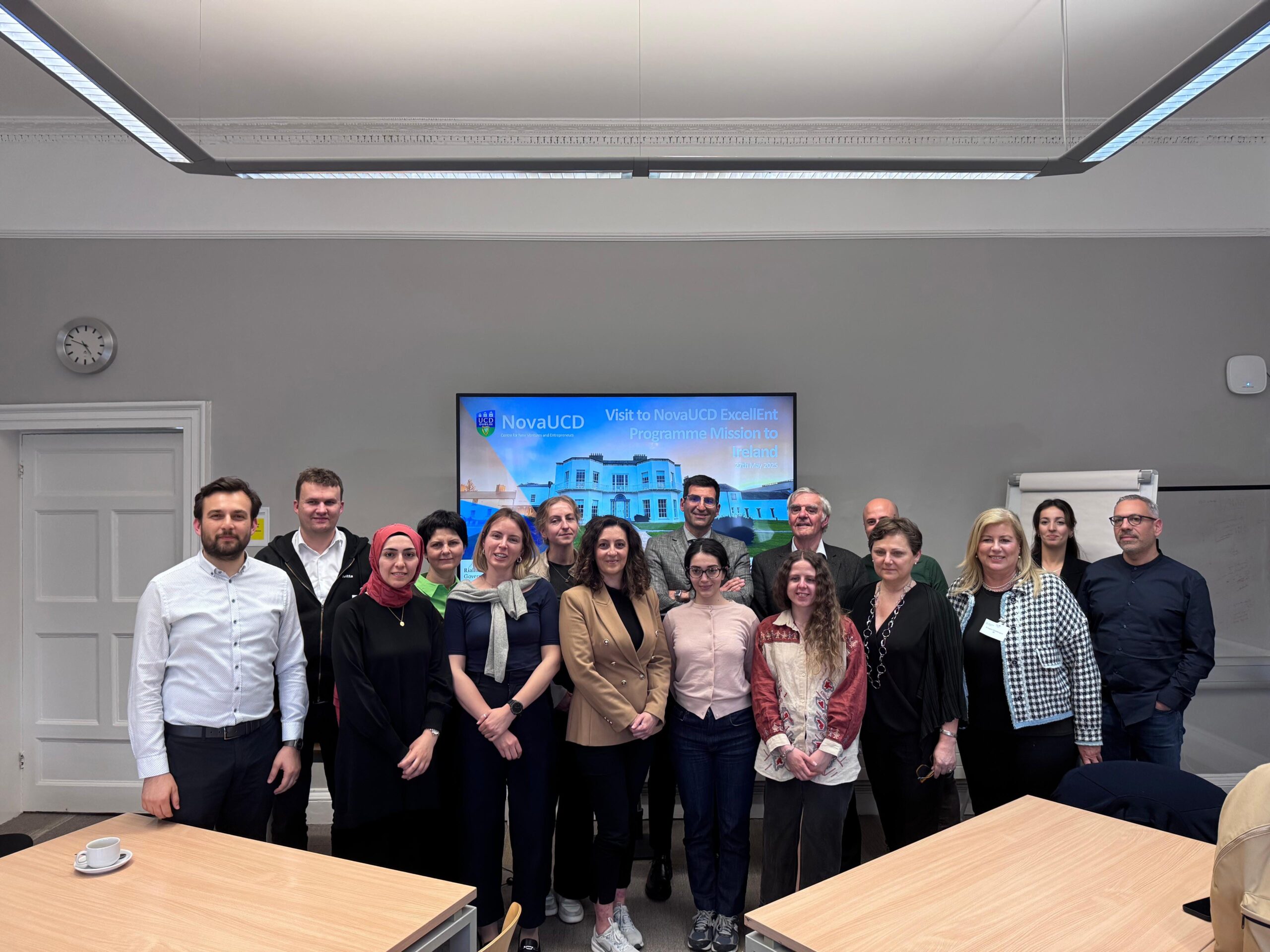
The ExcellEnt Project is designed to strengthen entrepreneurial support practices and build bridges between Europe’s diverse innovation regions. The Dublin soft-landing mission demonstrated how targeted exposure to high-functioning ecosystems can accelerate learning, foster meaningful connections, and inspire more integrated strategies back home.
This kind of peer-to-peer, practice-based exchange remains one of the most powerful tools in the effort to build a more cohesive, competitive European innovation landscape. As the project continues to evolve, lessons from missions like Dublin will directly shape upcoming Academy modules, pilot initiatives, and future soft-landing programs.
Dublin reminded the group that innovation is never just about startups. It is about how societies design the conditions for startups – and their ecosystems – to succeed. And that’s the kind of insight that makes these missions not just worthwhile, but necessary.




